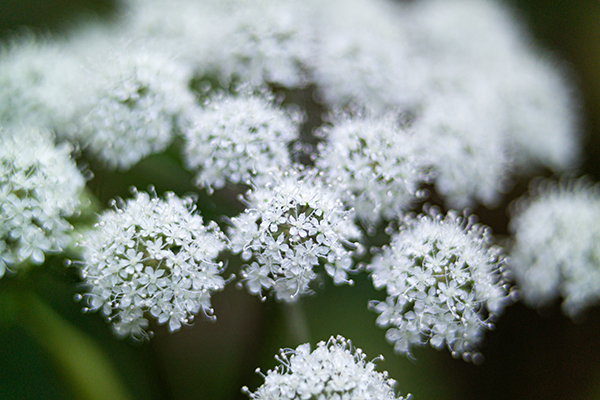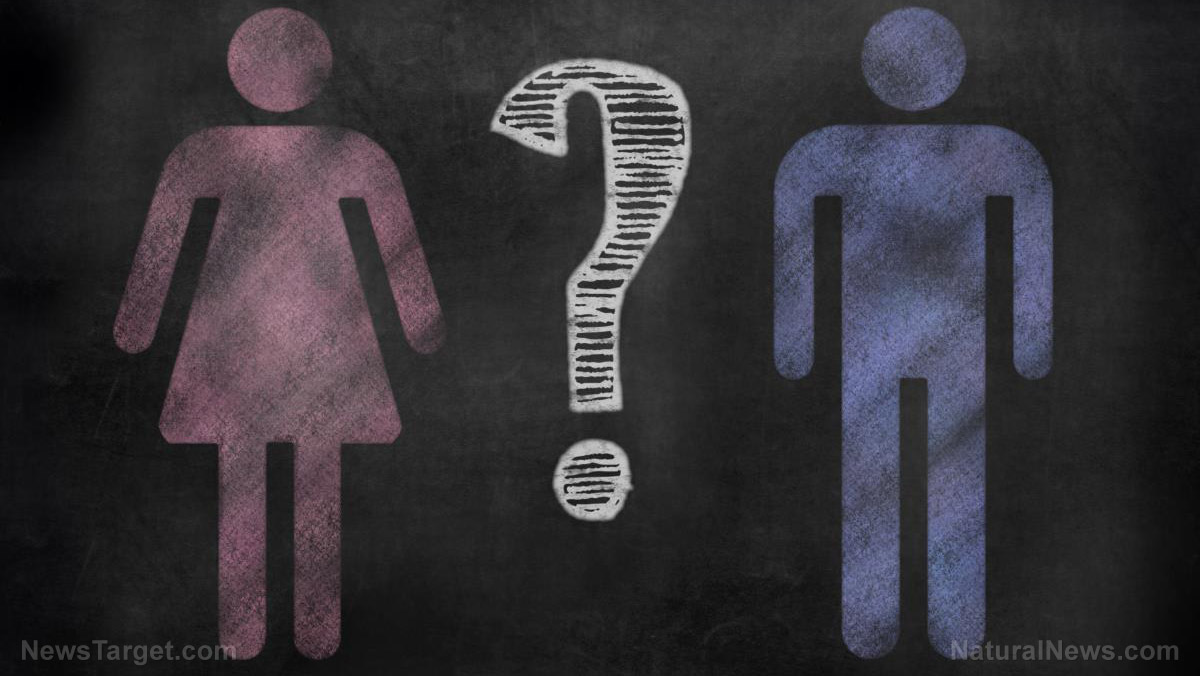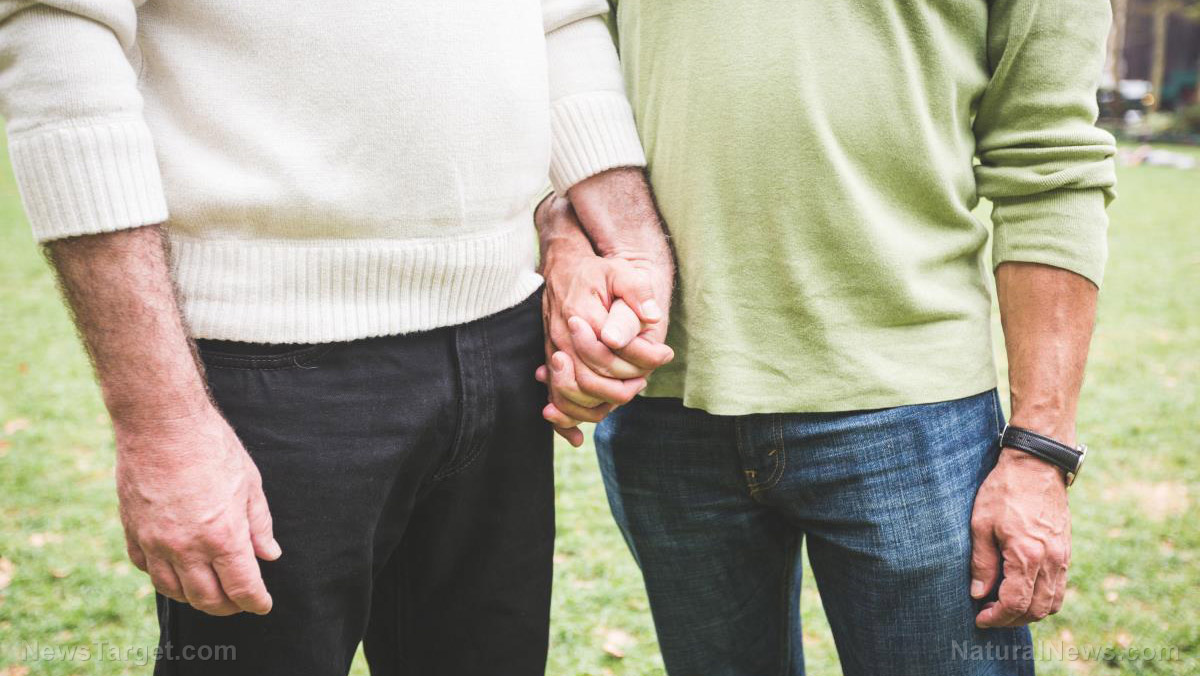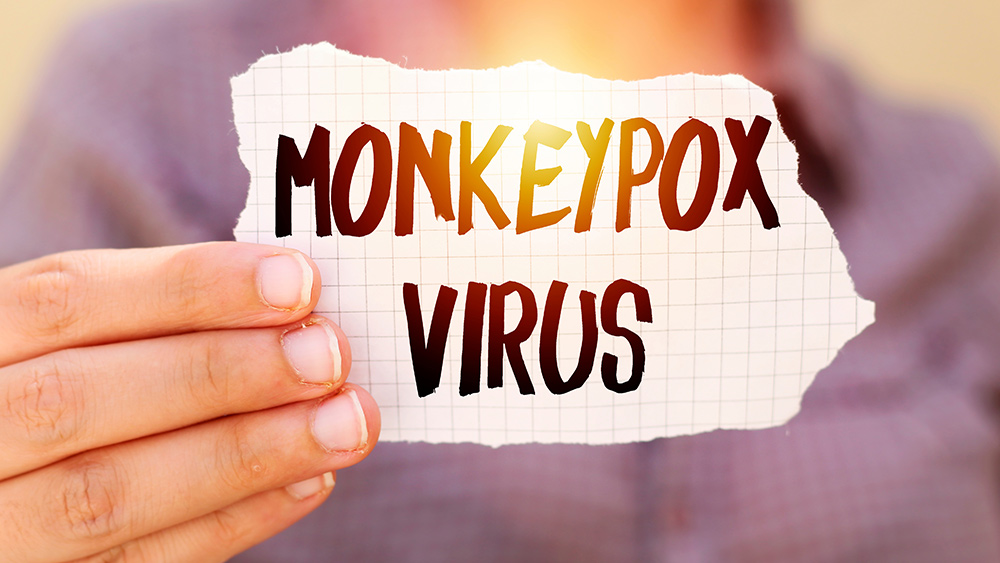Researchers look at chunkung herbal medicine and its ability to prevent bone loss in postmenopausal women
05/31/2021 / By Evangelyn Rodriguez

Osteoporosis is a bone disease that affects older adults. It is characterized by weak and brittle bones that make a person more prone to fractures. According to experts, the bones are in a constant state of renewal. During childhood and until the early 20s, a person makes new bones faster than his body could break down old ones to increase his bone mass.
However, when a person reaches the age of 30, his body also reaches its peak bone mass. From then on, his bone production begins to slow down and he starts to gradually lose bone mass. His risk of developing osteoporosis later in life will now depend on how much bone he has accumulated and stored.
Several other factors affect a person’s risk of osteoporosis. These include hormone levels (e.g., sex and thyroid hormones), lifestyle choices (e.g., smoking and drinking), nutrition (e.g., low calcium and vitamin D intake), genetics and gender.
According to the National Osteoporosis Foundation, about 80 percent of the 10 million Americans with osteoporosis are women. Approximately one in two women over the age of 50 are bound to suffer from bone fracture because of osteoporosis.
One of the reasons women are more prone to develop osteoporosis is that they tend to have smaller, thinner bones than men. Another reason is that women undergo menopause. Once they reach menopause, their estrogen levels drop significantly. The hormone estrogen inhibits the activity of osteoclasts, the cells responsible for breaking down bone tissue. Without enough estrogen in the body, bone resorption happens at a faster rate, increasing the risk of osteoporosis.

But in a recent study, researchers at Kyung Hee University in South Korea found an herbal medicine with the potential to prevent menopause-related osteoporosis. Cnidium officinale, known locally as chunkung, is a medicinal plant widely cultivated in East Asia. In South Korea, the dried root stem of chunkung is widely used to treat menstrual irregularity, menstrual pain and menopause symptoms. It is also used to increase stamina.
According to studies, chunkung has many beneficial properties, including antioxidant, anti-inflammatory, anti-cancer, anti-angiogenic and neuroprotective properties. The researchers decided to investigate whether chunkung can also influence bone resorption by osteoclasts. They reported their findings in an article published in the journal BMC Complementary and Alternative Medicine.
Traditional medicine from Korea found to prevent the development of osteoclasts
Osteoclastogenesis, or the development of osteoclasts, begins with the fusion of two different types of immune cells, namely monocytes and macrophages. This fusion is induced by signaling molecules, or cytokines, such as the receptor activator of the nuclear factor kappa B (NF-kB) ligand (RANKL). (Related: Natural soy isoflavone daidzein can boost bone formation, research says.)
To determine the effects of chunkung on RANKL-induced osteoclastogenesis, the researchers obtained water extract from the dried root stem of chunkung and tested it on monocyte/macrophage-like cells (RAW 264.7 cells). They then performed various assays, such as the tartrate-resistant acid phosphatase (TRAP) assay and the pit assay, to evaluate the occurrence of bone resorption and assess chunkung’s effects.
TRAP-5b, which is detected in the TRAP assay, is an enzyme produced by osteoclasts and is considered to be a marker of bone resorption. It also directly reflects the osteoclast number. The pit assay, on the other hand, is a protocol used by researchers to visualize, capture and analyze the bone resorptive activity of osteoclasts. The researchers also conducted an in vivo study using ovariectomized (ovaries removed) rats.
The researchers found that the chunkung extract suppressed osteoclastogenesis and inhibited the bone resorption activity of osteoclasts by decreasing the expression of related genes. These included the transcription factor, nuclear factor of activated T-cells, cytoplasmic 1 (NFATc1) and the proto-oncogene c-Fos. The chunkung extract also prevented bone loss in the ovariectomized rats.
Based on these findings, the researchers concluded that chunkung can prevent menopause-related osteoporosis by suppressing osteoclastogenesis.
Sources include:
BMCComplementMedTherapies.BiomedCentral.com
Submit a correction >>
Tagged Under:
alternative medicine, anti-aging, bone health, bone resorption, chungkung, herbal medicine, Herbs, Menopause, natural cures, natural medicine, osteeoporosis, osteoclasts, prevention, research, women's health
This article may contain statements that reflect the opinion of the author





















